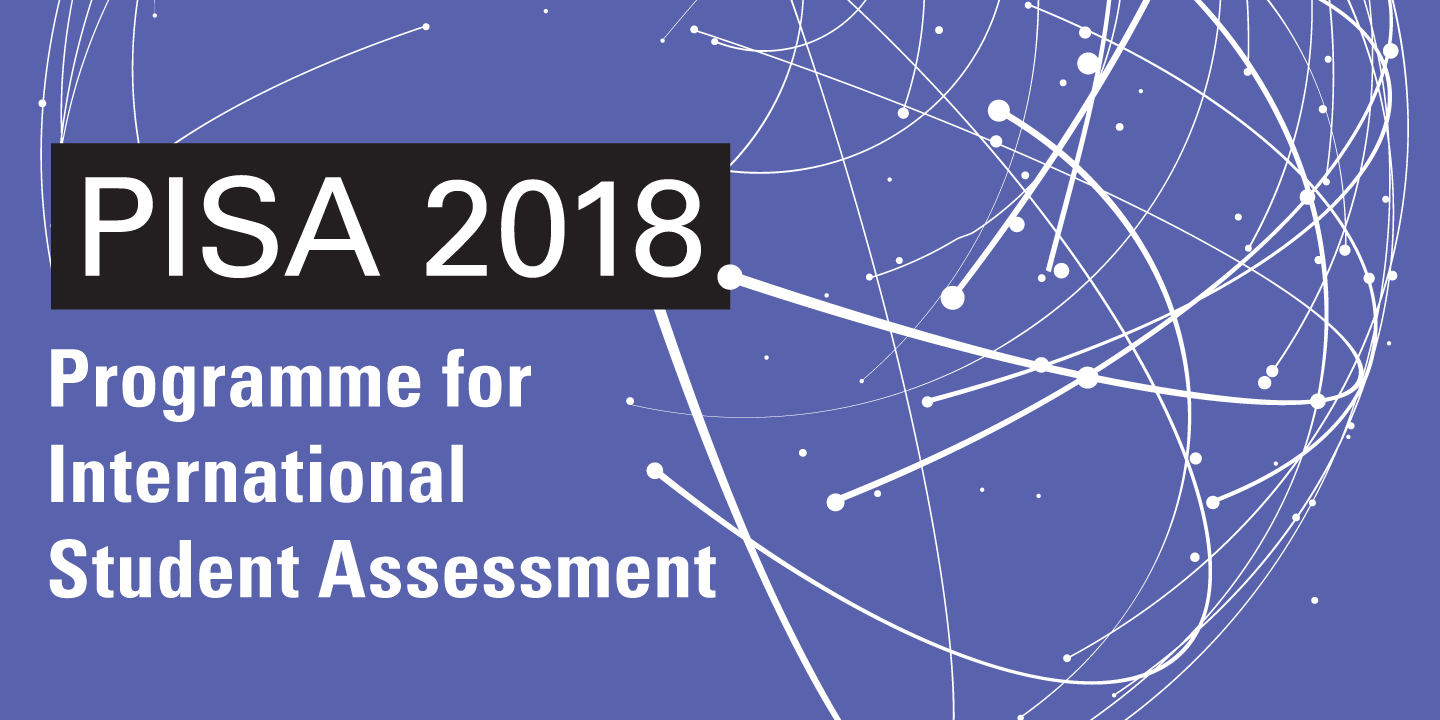
Monday, 9 Dec 2019
Estonia's education minister attributes strong PISA performance to their students' growth mindset approach.
The recent OECD PISA results release provoked debate within Australia's education system, and beyond. Here, a PISA high performer talks about the secret to their success.
As most teachers will know, the OECD Programme for International Student Assessment (PISA) tests the reading, maths and science skills of 15-year-old students every three years. In 2018, it assessed more than 600 000 students in 79 countries and economies, including 14 723 students in 740 Australian schools; this huge sample from a range of contexts allows us to make detailed and reliable comparisons between education systems, in order to identify some of the factors that may contribute to successful student learning.
Estonia, a new and relatively small nation of just 1.35 million people, was the highest performing European country in PISA 2018 across all three domains, outperforming many older, richer European economies. What's more, its reading and maths performance have shown steady improvement since Estonia first participated in PISA in 2006, when its results were equal to or lower than Australia's, depending on the domain.
What is Estonia doing to effect this slow but sure improvement? In this story in The Educator, Estonia's Minister for Education and Research Mailis Reps attributes their 'consistently excellent' results to a collection of factors, including a system based on equity of access to a quality education, and a growth mindset attitude – the theoretical underpinning of the ACER Progressive Achievement (PAT) approach – in its students that says that improved learning is possible for all.
Read The Educator story or check out this Tes article, which takes an in-depth look at what the UK can learn from the Estonian education system.
